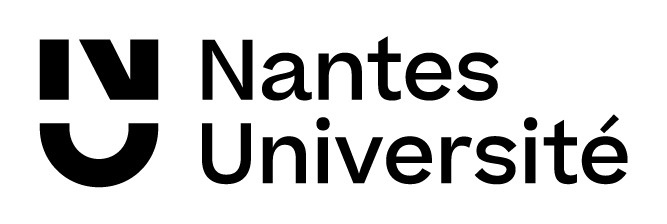*** ***
output from eigenvector calculation:
STDOUT:
Build Tirion matrix:
Pdbmat> Computes the Hessian matrix, using an Elastic Network Model.
Pdbmat> Version 3.50, Fevrier 2004.
Pdbmat> Options to be read in pdbmat.dat file.
Pdbmat> Coordinate filename = 2404232030292116168.atom
Pdbmat> Distance cutoff = 10.00
Force constant = 10.00
Origin of mass values = CONS
Pdbmat> Levelshift = 1.0E-09
PRINTing level = 2
Pdbmat> Coordinate file 2404232030292116168.atom to be opened.
Openam> File opened: 2404232030292116168.atom
Pdbmat> Coordinate file in PDB format.
Rdatompdb> Reading pdb file.
Rdatompdb> End of file reached.
Rdatompdb> Number of I/O errors: 0
Rdatompdb> Number of residues found = 183
First residue number = 96
Last residue number = 288
Number of atoms found = 1443
Mean number per residue = 7.9
Pdbmat> Coordinate statistics:
= 33.681166 +/- 9.118713 From: 10.161000 To: 54.379000
= 27.778008 +/- 8.690560 From: 3.952000 To: 49.464000
= 98.007061 +/- 9.329089 From: 75.041000 To: 119.830000
Pdbmat> Masses are all set to one.
Openam> File opened: pdbmat.xyzm
Pdbmat> Coordinates and masses considered are saved.
Openam> File opened: pdbmat.sdijf
Pdbmat> Matrix statistics:
Pdbmat> The matrix is 9.9246 % Filled.
Pdbmat> 930163 non-zero elements.
Pdbmat> 102400 atom-atom interactions.
Pdbmat> Number per atom= 141.93 +/- 48.63
Maximum number = 246
Minimum number = 29
Pdbmat> Matrix trace = 2.048000E+06
Pdbmat> Larger element = 910.762
Pdbmat> 0 elements larger than +/- 1.0E+10
Pdbmat> Normal end.
using diagstd (there are 1443 atoms in your structure)
ERROR: number of atoms is too large to use diagstd, that is, over 500
please choose another option for NRBL (not diagstd)
STDERR:
If you find results from this site helpful for your research, please cite one of our papers:
elNémo
is maintained by Yves-Henri Sanejouand.
It was developed
by Karsten Suhre.
Between 2003 and 2014, it was hosted by IGS (Marseille).
Last modification: April 25th, 2023.
|



